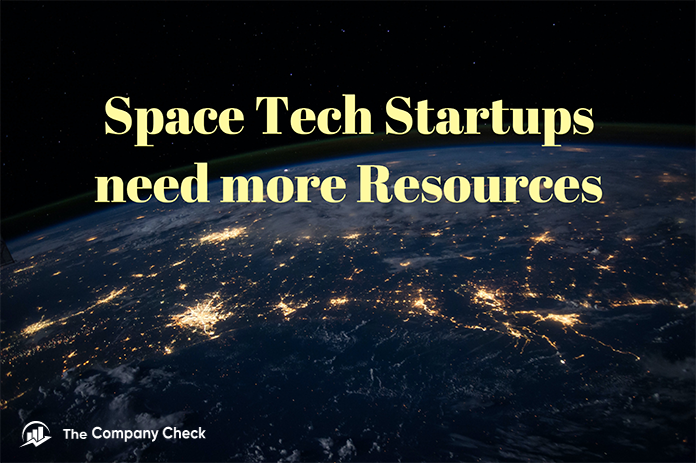History was created on May 30, 2020, when NASA astronauts were launched into orbit by the first commercially built rocket and spacecraft by SpaceX. This feat has opened up a plethora of opportunities for space tech startups in a future market worth billions, even in India. Finance Minister Nirmala Sitharaman announced the initiative of opening space and atomic energy to the private sector as part of the economic package.
These reforms include evening out the playing field for the private sector in satellites, launches, and space-based services by introducing a predictable policy and regulatory environment to private players and providing access to geospatial data and facilities of the Indian Space Research Organisation (ISRO). We expect that over 17,000 small satellites will be launched in Low Earth Orbit by 2030 and there are many space tech startups that are emerging.
There’s Prixxels, building a network of nano-satellites in order to offer global, real-time and affordable satellite imagery services. Another startup, based out of Bengaluru, Bellatrix Aerospace provides novel “electric propulsion” systems, which have applications in the field of nano and micro-satellite propulsion. Manastu Space has built a “green propulsion” system using hydrogen peroxide as fuel. With so many great ideas up their sleeves, Indian startups need a bigger boost than what the government is currently offering them.
There is always the issue of funding. The government has to provide early-stage support and not just venture capital as well as steady capital throughout as this sector will take some time to lift off. The amalgamation of public-private that the FM spoke of should be witnessed in terms of money and not just development.
An ecosystem of incubators, accelerators, and mentors needs to be created to support these space techs startups and ISRO is expected to play a major role in this. This will run in tandem with other government initiatives such as Digital India, Startup India, Make in India, Smart Cities Mission, etc. The government can also rewrite the Space Activities Bill that was drafted and introduced in 2017 and has now lapsed.
Marketspace in this sphere is up for grabs and we need to equip Indian startups with every possible resource to be able to mark their own territory and take India forward in the race to become a leader in space tech.



